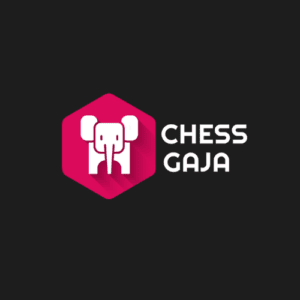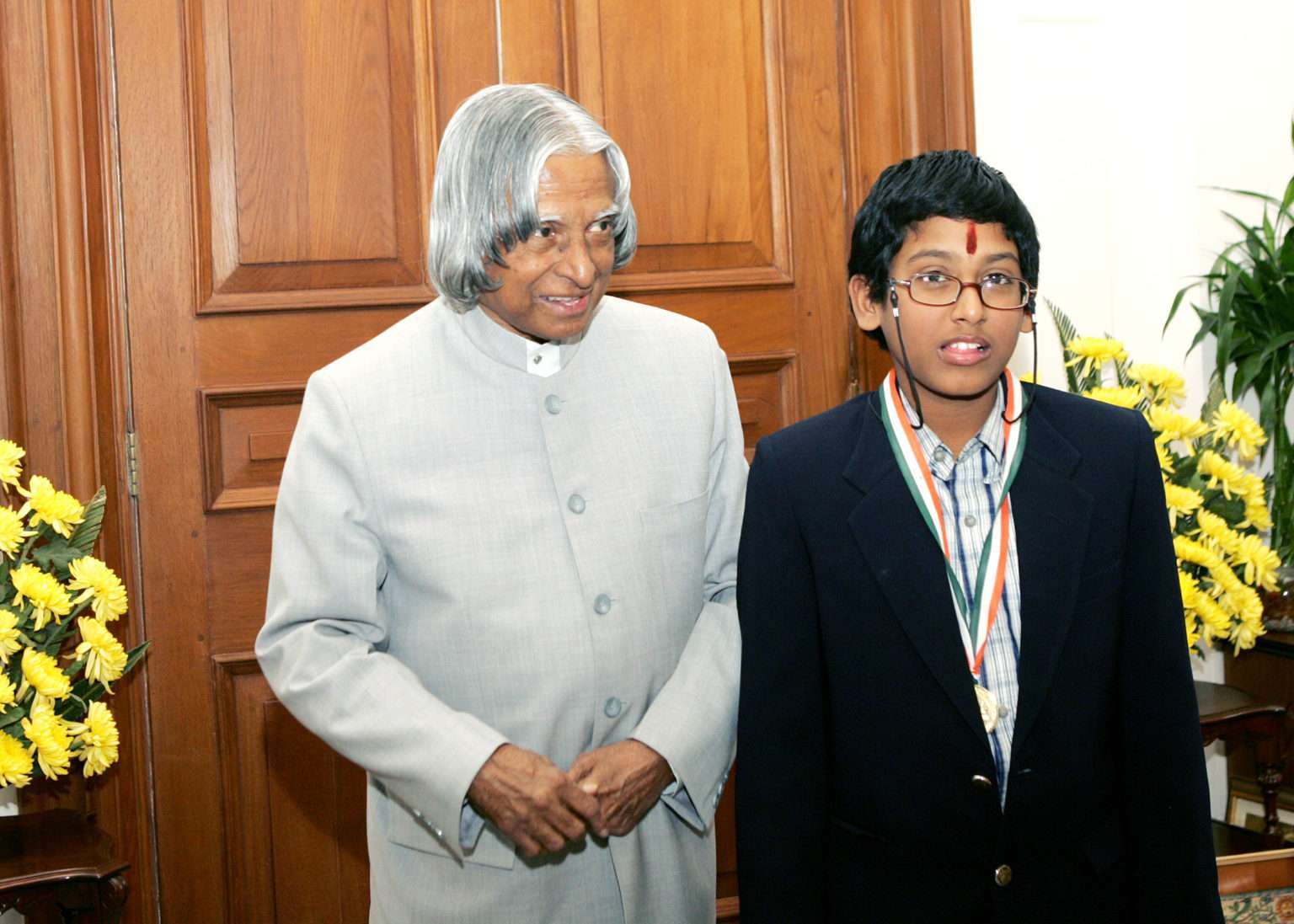Are kids who play chess smarter? It’s a question that has been asked time and time again, with parents and educators curious to know whether playing chess can have a positive impact on children’s cognitive development. In this article, we’ll explore the research on this topic and provide an overview of how chess can influence brain development and academic performance.
Let’s start with the Definition of smarter
According to the Merriam-Webster dictionary, “Smarter” means “Having or showing a high degree of mental ability”
The general perception of chess players is that they display a high sense of mental ability, intelligence, and sharpness when they play the game.
Intelligence is a complex concept that can be difficult to define. However, research has shown that there is a positive correlation between chess ability and measures of intelligence. Playing chess involves cognitive processes like problem-solving, strategic thinking, and working memory. Studies have also found that children who play chess perform better on standardized tests and have higher academic achievement.
This gives us a basic idea that Kids who play chess are smarter than the average kid.
How Does Chess Affect Brain Development?
Children’s brains develop rapidly during the first few years of life according to the Centers for Disease Control and Prevention. Introducing chess for kids as young as 4 years old will have a positive impact on cognitive development. Chess can help to improve critical thinking skills, spatial reasoning, and memory. It can also enhance executive functions, such as planning, decision-making, and impulse control. These skills can transfer to other areas of life and lead to better academic performance and success in future careers.
Can Chess Improve Academic Performance?
Research has shown that playing chess can improve academic performance, especially in math and science. Chess develops logical thinking, problem-solving, and pattern recognition. Studies have found that children who play chess have better grades, higher standardized test scores, and improved academic performance overall. However, it’s important to note that chess is just one of many factors that can influence academic success, and more research is needed to fully understand the impact of chess on academic performance.
Chess can help with cognitive development and academic performance. We are not saying that chess is the only activity that has these cognitive benefits for kids, there are other activities that can be beneficial too.
Activities such as music, sports, and language learning can boost cognitive skills and academic results. Chess is an excellent activity for children, to develop problem-solving and spatial reasoning skills.
Summary
In conclusion, playing chess can have a positive impact on cognitive development and academic performance. Parents and educators should encourage children to take part in activities that promote learning.
Various research and studies show us that kids who play chess are smarter than the ones who don’t play chess.
If your child wants to learn chess, look into Chess Gaja Academy, led by GrandMaster Priyadharshan Kannappan. Chess Gaja is a global online chess academy that provides group classes and 1-on-1 instruction for all levels. Chess Gaja has students who are as young as 4 years old and have worked with kids from 20+ countries. Making the kids more creative, think better, and remember more, all while having fun.









